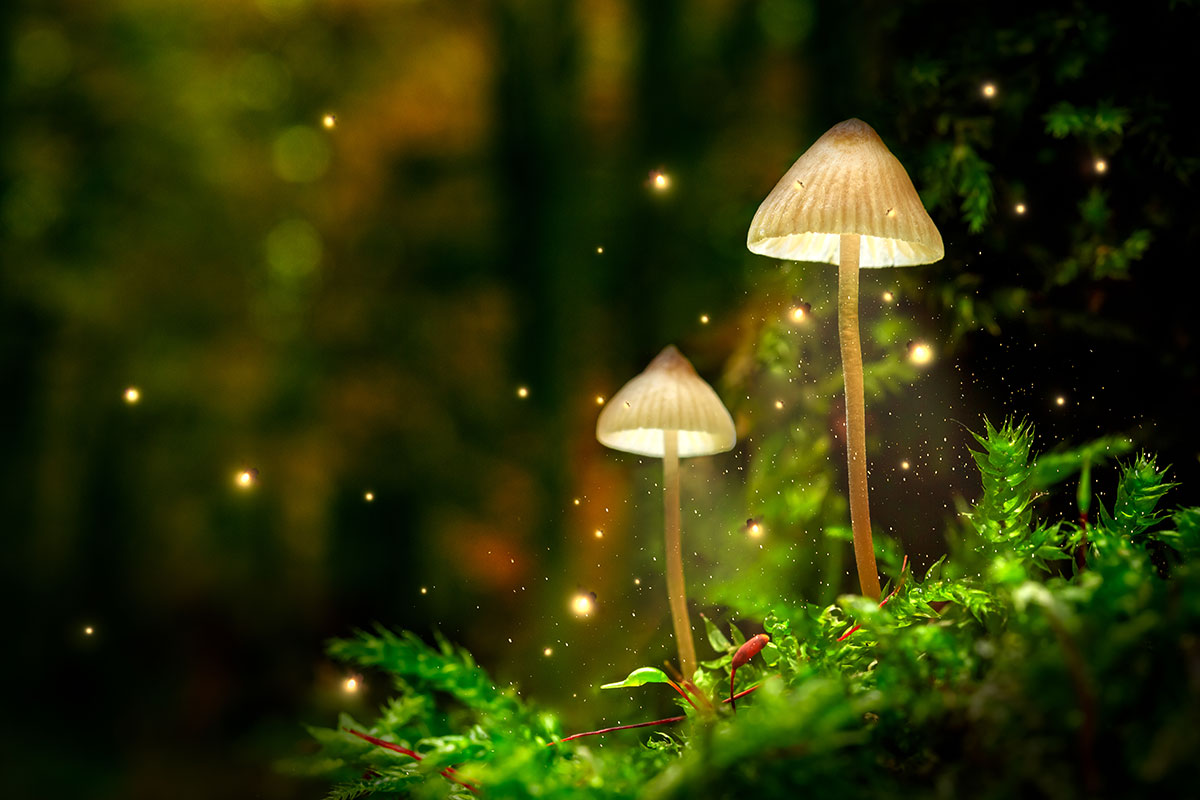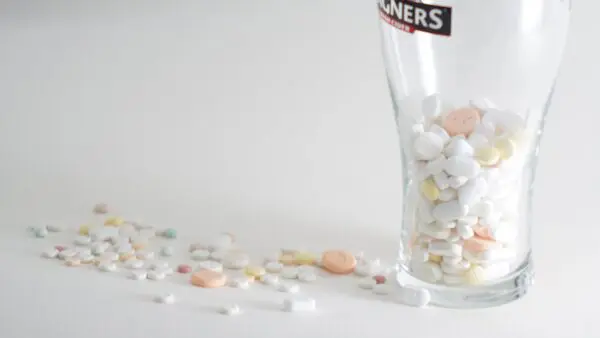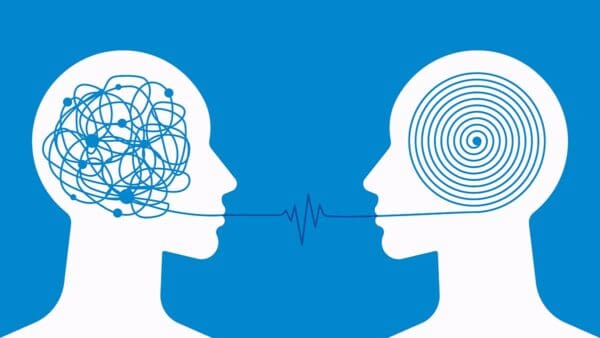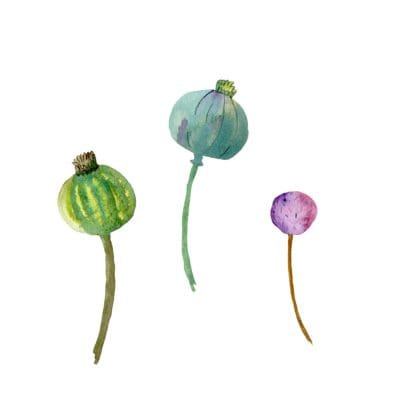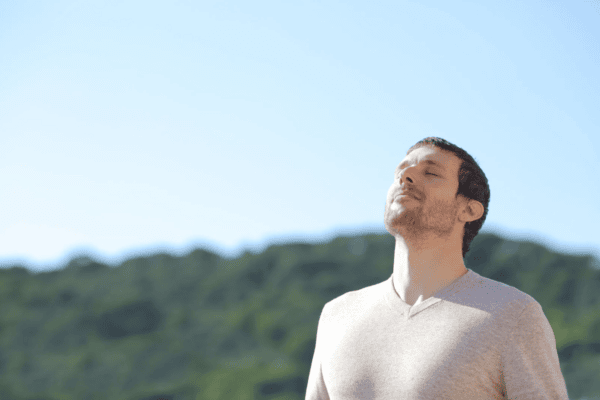Medical Editor: Dr. David Cox, PhD, ABPP
The umbrella term “magic mushrooms” refers to over 100 species that contain a psychoactive ingredient called psilocybin, most of which fall within the genus Psilocybe.
The effects vary for each individual but (depending on circumstances like dosage) can result in some kind of mystical experience defined by improved mood, altered perception of stimuli like light, sound, and shape, mild hallucinations, a sense of awe and wonder, and deep encounters with one’s emotions or entities.
So why are researchers interested in this mind-altering substance as a therapeutic tool for treating addiction? Keep reading to learn more about magic mushrooms and what studies have revealed about how they might be used to treat substance use disorders.
Can Psilocybin Treat Addiction?
While more research is needed to fully understand the potential benefits of using psilocybin to treat addiction, there have been some impressive results in recent studies examining how psychedelics can be helpful in a therapeutic setting.
The way psilocybin can work in treating addictions is more complex than the process of simply taking a medicine to treat an illness. Researchers believe that it is the mystical, often transformative experience that restructures the way a person thinks about their lives and behavior and facilitates deep, honest reflection that may result in the motivation to change.
Researchers theorize that psilocybin works in multiple ways: psychological, biochemical, and spiritual. The apparent biochemical effect is a disruption of receptors primarily in the serotonergic system of the brain that could be responsible for the thought patterns associated with addictive behavior. Psychologically, it is believed that psilocybin may help restore self-esteem and motivation, in addition to possibly reducing cravings.
In many cases, addiction recovery is inspired by a religious or spiritual awakening, and it very well could be that psychedelics offer such an opportunity. Psilocybin tends to help people connect with a sense of purpose and feel one with a power greater than themselves. In a 2006 study examining both the acute and long-term effects of a psilocybin experience, 80 percent of participants reported it being among the top 5 most meaningful events in their entire lives. One-third deemed it their most spiritually significant experience.
Cognitive-behavioral therapy is considered an essential part of psilocybin-assisted therapy for addiction, both before a session where the substance is administered and throughout integration following the treatment. During the psychedelic session, a team of co-therapists sits with the individual to guide and support them through the experience, helping to make the experience profound, productive, and safe. Relapse prevention by way of mindfulness practices can also help produce long-lasting success.
Currently, magic mushrooms and their psychoactive component psilocybin are federally illegal for personal use and are classified as Schedule I drugs; however, Oregon voted to legalize them for therapeutic use within the state in 2020. As research continues, advocates are hopeful that new discoveries about the substance will help pave the way for decriminalization and legalization as a therapeutic tool.
Currently, the only legal way to receive psilocybin-assisted therapy in the United States (except for Oregon) is to participate in a clinical trial. Many therapists do provide integration services for those who have had their own experience with magic mushrooms and would like to process it with a knowledgeable practitioner; check out Psychable’s directory to find someone who can help.
Using Psilocybin to Quit Smoking
There has been some evidence to suggest that psilocybin-assisted psychotherapy paired with cognitive behavioral therapy can help longtime smokers quit. Writing for Vice Magazine, Charlie Gilmour, felt that after a guided psilocybin ritual, “smoking is simply something other people do. The illusion is shattered; the urge has gone.”
One Johns Hopkins University School of Medicine study found that participants given psilocybin demonstrated an 80 percent rate of abstinence six months later, which is significantly greater than other smoking cessation methods such as gum or patches (which have a typical success rate of 20 percent).
Additional research is needed to fully understand if and how using psilocybin to quit smoking is effective, but initial studies seem to demonstrate good reasons to proceed with further investigations.
Using Psilocybin to Treat Alcohol Use Disorder
Initial studies as to how psilocybin can be used to help heavy drinkers recover from habitual use have also been promising. While the exact reasons currently remain unknown, researchers have observed a significant reduction of alcohol intake in participants that undergo psilocybin-assisted therapy in conjunction with cognitive-behavioral exercises in a clinical setting.
It is thought that the acute mystical experience that occurs during a psilocybin session has an impact on a person’s receptiveness to change due to a temporary breakdown of the default mode network (DMN) that allows for a kind of reset in the brain. Such cognitive shifts seem to be long-term, which certainly warrants further research to discover the mechanisms behind this effect in those recovering from heavy and habitual alcohol use.
Using Psilocybin to Treat Drug Use Disorders
Researchers at The University of Alabama at Birmingham have been looking into how psilocybin could be used to assist in healing people who struggle with problematic cocaine use. Additionally, a recent survey suggested a correlation between experiences with psychedelics such as psilocybin and a reduced risk for opioid abuse or dependence.
The multi-faceted effects of psilocybin might prove to be a revolutionary addition to current addiction treatment. Helping to lead the research is Sara Lappan, Ph.D., who hopes that “six hours of being under the effects of psilocybin may be as productive as 10 years of traditional therapy.”
Risks of Psilocybin
Although psilocybin or magic mushrooms are not chemically addictive and exhibit low toxicity, like any psychoactive substance, there is the potential for abuse. It is possible that consuming magic mushrooms may result in behavior that can be dangerous in the absence of proper supervision and guidance.
In rare cases, psilocybin can sometimes cause a “bad trip,” which might involve severe anxiety or flashbacks to unpleasant and traumatic experiences. Hallucinations and physical symptoms may become unpleasant, or the heightened sense of connectedness to and awareness of emotions can make an experience with magic mushrooms rather difficult. However, challenging psychedelic experiences are frequently associated with positive outcomes overall, and people can find them ultimately meaningful.
Magic mushrooms can trigger or aggravate psychotic incidents, and should not be used by anyone who has a personal or family history of psychosis as is likely in certain conditions like schizophrenia. Anyone with mental health issues might be at greater risk for a negative experience with psilocybin and other psychedelics.
While psilocybin is generally considered safe for guided therapeutic use in healthy adults, possible side effects include nausea within the first hour of ingestion, changes in blood pressure or heart rate, confusion, vomiting, and agitation.
Researchers strongly discourage the general public from obtaining psilocybin mushrooms outside of the clinical setting to attempt self-medication. The safety and efficacy of these treatments are greatly dependent on the regulated environment and process, which include participant screenings, therapeutic-grade substances, and integrative therapies prior to, during, and following the administration of psilocybin. Individuals should always work with a qualified practitioner to determine whether or not psilocybin-assisted therapy is appropriate for them.
Closing Thoughts and Resources
If you or someone you know is struggling with substance use or addiction, do not wait for psilocybin-assisted therapies to become widely available. It is important to seek help as soon as possible for safety and well-being. The Substance Abuse and Mental Health Services Administration (SAMHSA) offers a helpline 24 hours a day, 7 days a week, 365 days per year at 1-800-662-HELP (4357).
For additional information about magic mushrooms or psilocybin, check out Psychable’s A Beginner’s Guide to Psilocybin and Psilocybin Therapy: What is Is and When It’s Coming.
